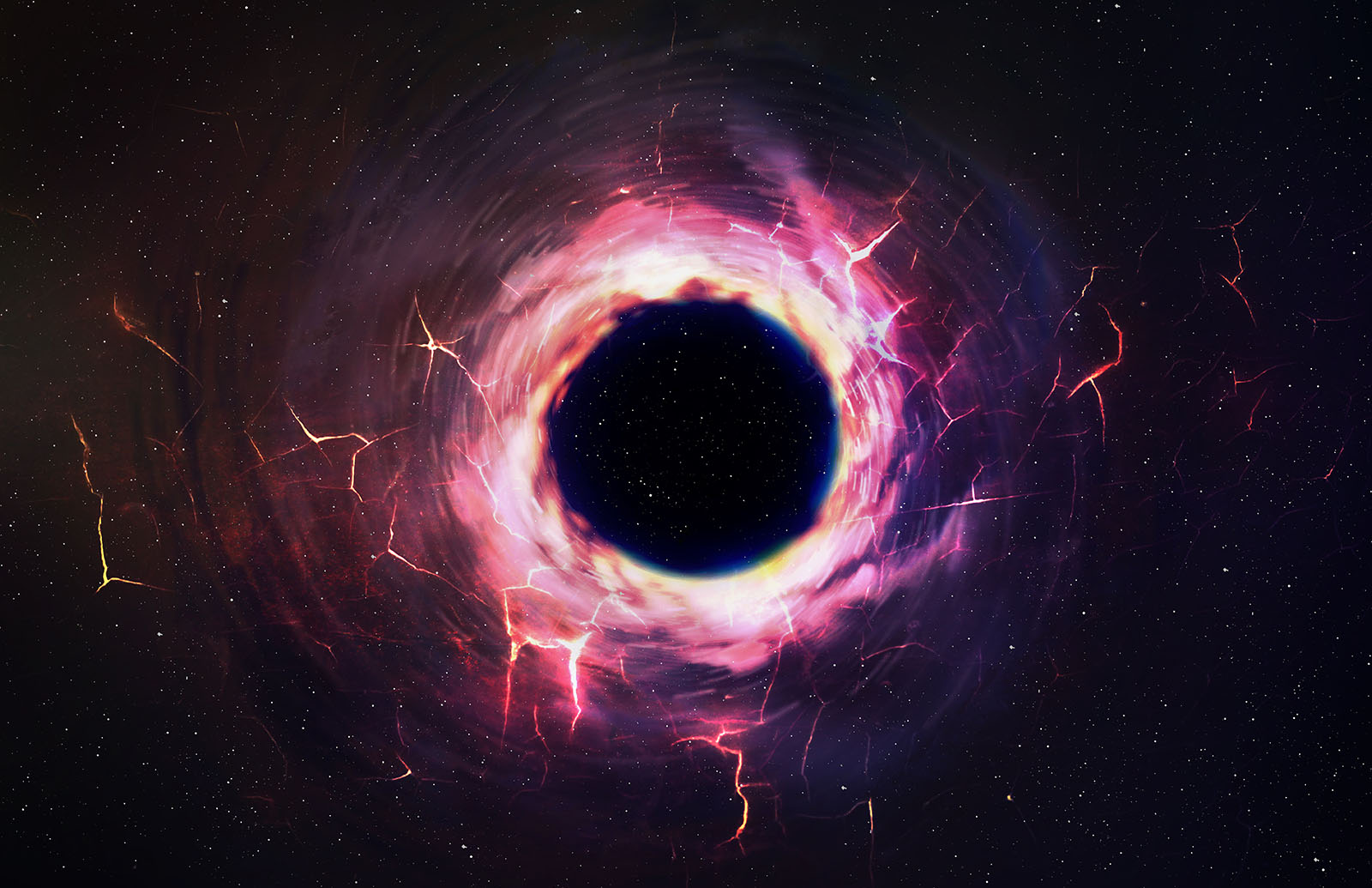Recently, a group of researchers simulated the event horizon of a man-made black hole in the laboratory. The new analog could help us learn more about the elusive radiation thought to be emitted by real black holes in space.
Black holes are by far one of the most mysterious objects in space. while we have Take a photo of a black holeEverything is raw and lacking in detail. It was because the light from space actually bent around this vacuum-like entity, making it hard to notice. But with this new man-made black hole, scientists can take a closer look.
Researchers can finally observe the equivalent of what we know as Hawking radiation, the collection of particles born from quantum fluctuations caused by black holes as they traverse space-time. The researchers say these observations of artificial black holes could help resolve some of the tensions between the two structures.
The first framework is the general theory of relativity, which describes the behavior of gravity as a continuous field known as spacetime. The second framework is quantum mechanics, which describes the behavior of discrete particles using the mathematics of probability, according to Warning signs. We hope that artificial black hole simulations will help us combine these two theories.
If we could do that, it could give us a deeper understanding of how the universe works. This, in itself, may also give us more details about how black holes work, which could even help scientists determine The difference between wormholes and black holes. This man-made black hole impact resulted in a temperature rise consistent with theoretical predictions for black hole systems.
The false event horizon even shows signs of luminescence in the lab where the researchers built it. This is interesting research, of course. You can read more about the study at Physical review research.
“Hipster music fans. Analyst. Beer professional. Very charming Twitter pioneer. Communicators”.


